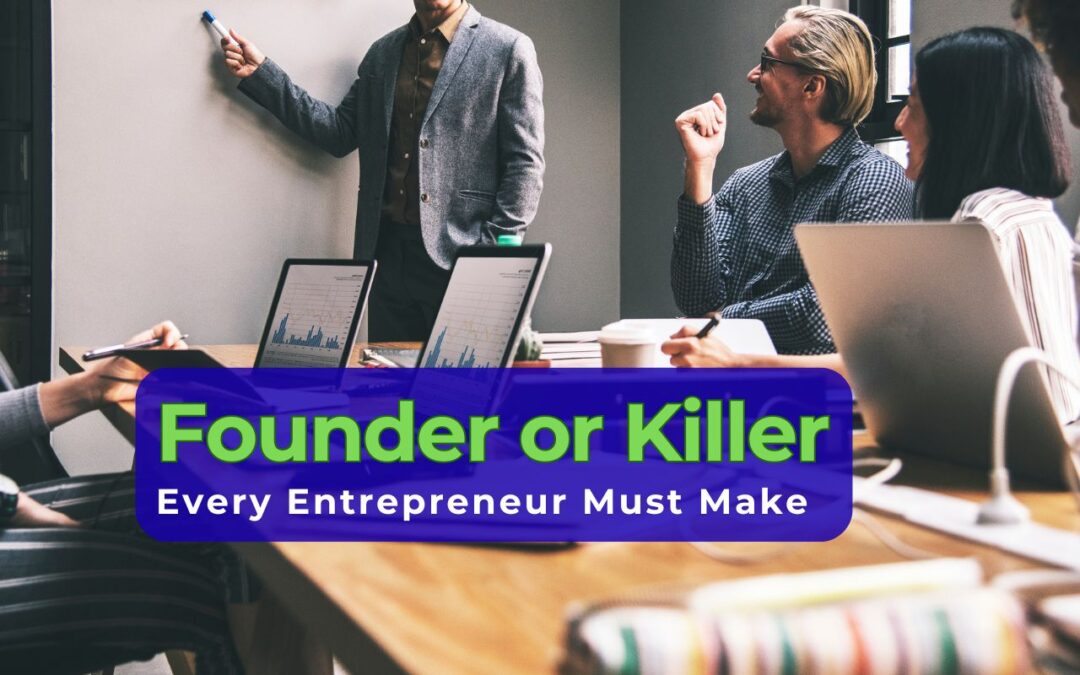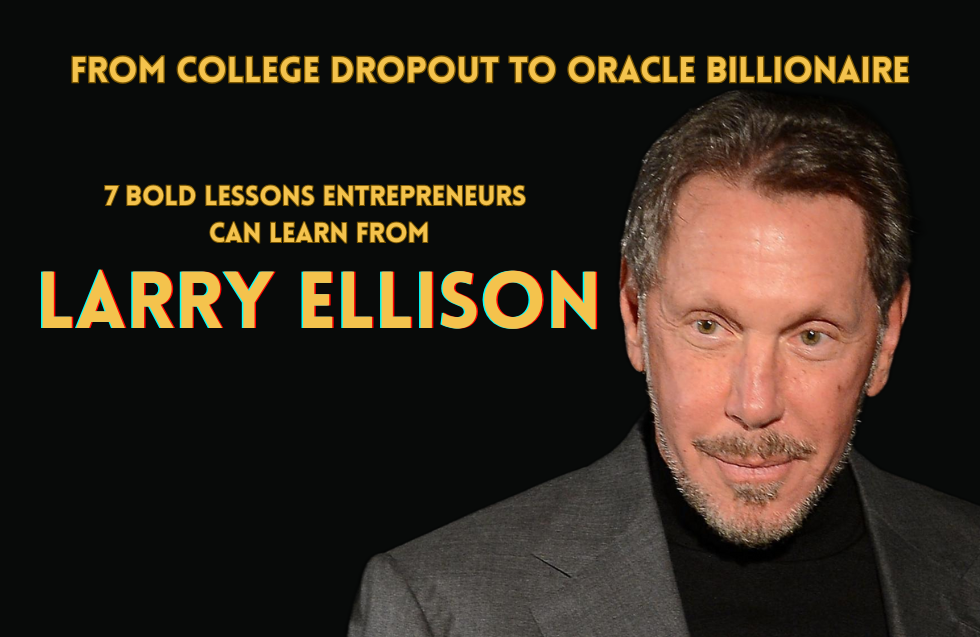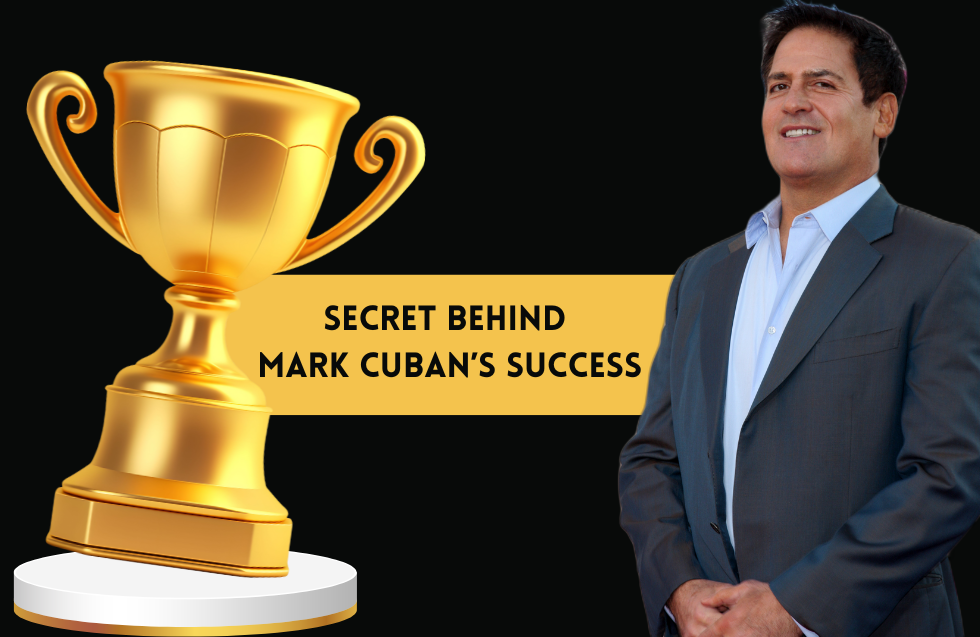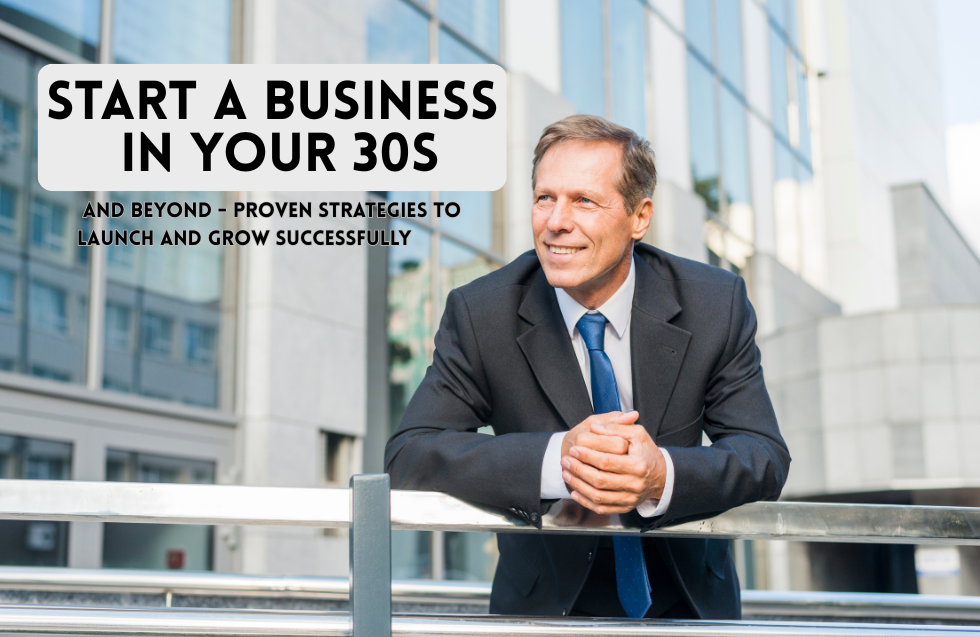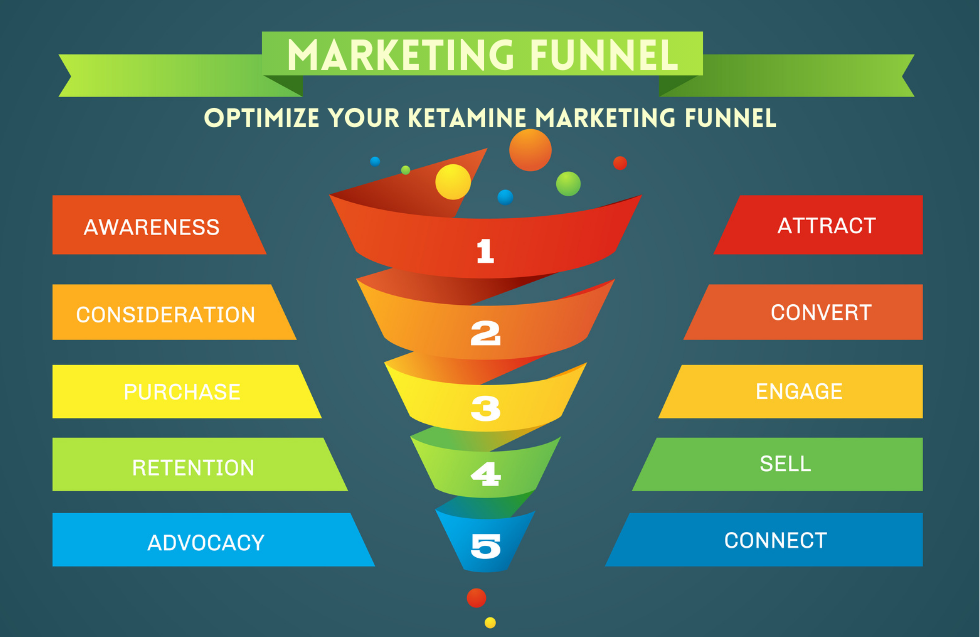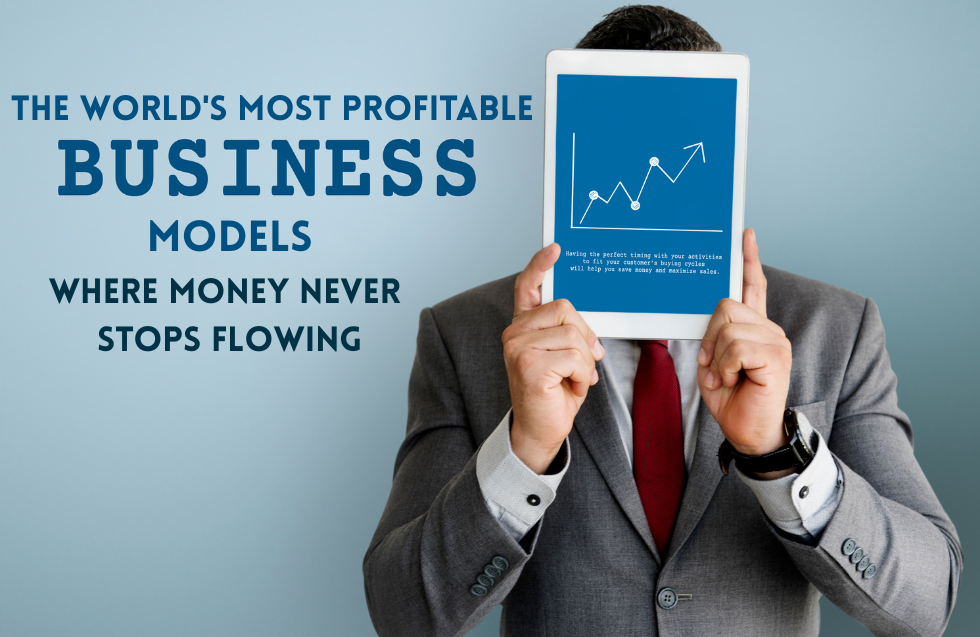Starting a business is exciting. But at some point, every startup entrepreneur finds their company at a crossroads: Is it time to continue as the founder, or is it time to step back for “the greater good” This is one of the hardest decisions for founders to make, it’s often not talked about, and it is also a very personal decision. It requires entrepreneur to evaluate their limitations, leadership behaviors, and the future of their role in the company. This is the dilemma of the founder – confronting the mental and strategic challenge of being in control versus acting in the best interest of the startup. Yes, sometimes the founder is the killer, not of the business idea, but of the business’s future potential.
The Brutal Reality of Being a Startup Founder
Starting a company is not for the faint of heart. In the early days, you are doing it all – marketing, hiring, pitching, managing – you are the engine. As the business starts to ramp up, you transition as the founder from doing to leading.
This leads to the founder vs CEO conundrum.
Are you capable of scaling a business from ten people to one hundred? Can you go from hustler to visionary leader? Or is it time to find someone with experience?
Too often, ego and attachment get in the way. Many founders don’t appreciate that what got them here won’t get them there. At that point, being the founder becomes the barrier – the silent killer of that growth.
The Painful Reality: Are You a Founder or the Killer?
The truth is – being an entrepreneur and leading a company is not just being a visionary; it’s about making really hard decisions that may hurt in the short run but ultimately save the company.
There are some important questions to ask yourself:
- Is your leadership slowing the team down?
- Are you avoiding delegating or trusting others with big decisions?
- Are your investors hinting they would like to see a shift in leadership?
- Are you burnt out but holding on and trying to push through?
What History Teaches Us
Look at big-time companies like Google and Netflix. The founders knew when to bring in professional CEOs or experienced operators. Often, the start-up was able to grow even faster. This is not about losing your vision. This is about strategies for the survival of startups. You are choosing what is best for the mission and not for you. Would you rather be the proud founder of a failed company or the guy behind a now successful, thriving company? This is what future-thinking entrepreneurs need to think about.
Signs You Might Be at a Crossroads
If you are not sure whether you need to step back, below are signals you are at a crossroads:
- You are constantly putting out fires instead of thinking about the future
- Team morale is dropping because you are bottlenecking the leadership.
- You find yourself avoiding big decisions or are always second-guessing.
- You do not have the skill set to really scale or build a larger team.
- You are growing increasingly fatigued or disaffected.
These are not failures – these are signals. Recognizing when to pivot (as hard as it is in your own position!) is truly reflective of the growth you have experienced in the entrepreneurial journey.
Upskill or Replace? What’s the Best Move?
Not all founders have to step aside. Upskill, hire consultants, or hire a strong second-in-command (COO or President) to run things. Others hire a professional CEO and transition to a product, innovation, or strategy role. Every startup is different. What is necessary is being self-aware. If your startup requires a different type of leadership, then don’t let your identity as a “founder” hold you back. This is where startup leadership roles need clarity. Many founders who endure often grow with the company, or they mindfully create a position for a leader or leadership to step in and evolve it.
Future-Proofing Your Entrepreneurial Path
Startups are fragile. Constant evolution, learning, and humility are necessary. These days, we see every industry changing at a rapid pace. Areas like AI, renewable energy, and digital content have indicated growth potential for the future, but the incumbents must be adaptable, data-driven, and ruthless, as no one knows their own strengths or weaknesses. So, whether you are building on the wings of tech, green energy, or digital platforms, is the question that comes down to:
Are you the best person to take your startup forward and lead it into the future?
If yes, find Entrepreneur upskilling opportunities. If not, find someone who can — and give yourself credit for having the vision to realize when to let go.
Conclusion
All entrepreneur will inevitably face this brutal choice: Be the founder or potentially be the killer of their dream. This is not an easy decision to make! But making a decision — with clarity and bravery — is what sets good founders apart from great founders. Sometimes, the best move a founder can make is to just step away.
